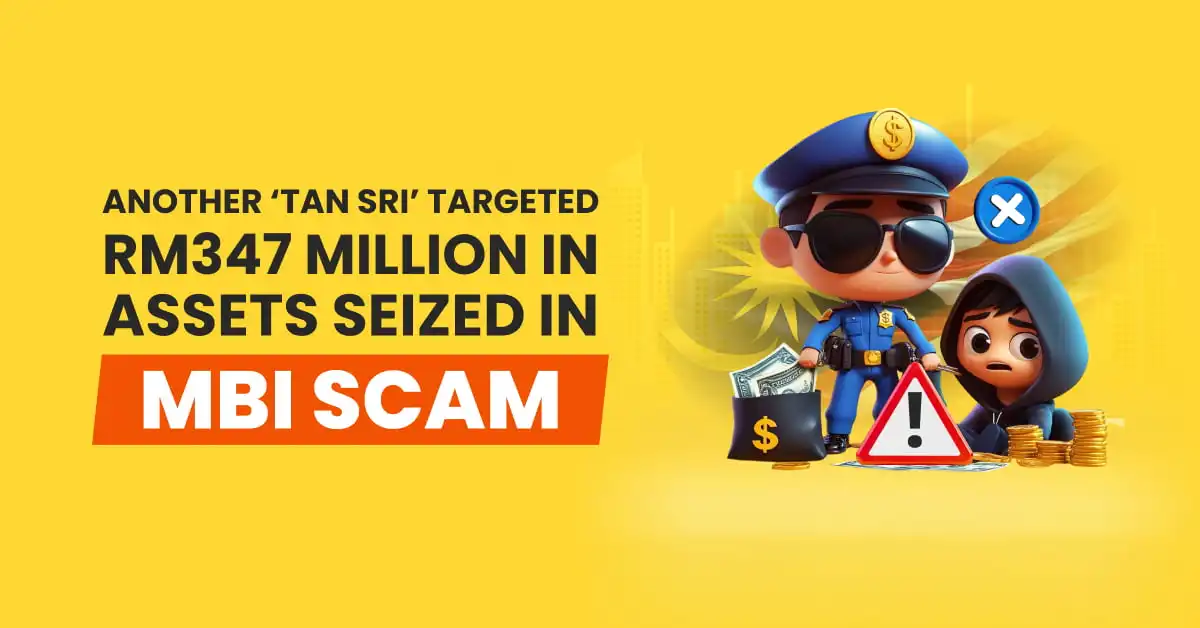简体中文
繁體中文
English
Pусский
日本語
ภาษาไทย
Tiếng Việt
Bahasa Indonesia
Español
हिन्दी
Filippiiniläinen
Français
Deutsch
Português
Türkçe
한국어
العربية
Methods to fund your forex trading account
Abstract:In South Africa, there are several ways to fund your forex trading account, and in this article, we will explore some of the best methods.

Forex trading is a highly lucrative market that attracts a lot of people who are looking to make a profit. However, to trade forex, you need to have the capital to invest, and this is where funding your forex trading account comes in. In South Africa, there are several ways to fund your forex trading account, and in this article, we will explore some of the best methods.
One of the most common ways to fund your forex trading account in South Africa is by using a bank transfer. Most forex brokers in South Africa accept bank transfers, and this method is secure and reliable. To fund your account using a bank transfer, you need to have a bank account and ensure that your forex broker accepts this payment method. Once you have confirmed that your forex broker accepts bank transfers, you can initiate the transaction and wait for the funds to reflect in your account.
Another popular method to fund your forex trading account in South Africa is by using a debit or credit card. This method is convenient as it allows you to fund your account instantly. Most forex brokers in South Africa accept debit and credit cards, and you can use Visa or Mastercard to make the payment. However, it is important to note that some forex brokers charge a fee for using this payment method.
E-wallets are also becoming a popular method to fund forex trading accounts in South Africa. An e-wallet is a digital wallet that allows you to store and manage your funds securely. E-wallets are convenient as they allow you to make payments instantly, and they are accepted by most forex brokers in South Africa. Some of the popular e-wallets that you can use to fund your forex trading account in South Africa include Neteller, Skrill, and PayPal.
Cryptocurrency is also a viable option to fund your forex trading account in South Africa. Bitcoin and other cryptocurrencies are gaining popularity as a payment method, and some forex brokers in South Africa accept them as a payment method. To fund your account using cryptocurrency, you need to have a crypto wallet and ensure that your forex broker accepts this payment method. Once you have confirmed that your forex broker accepts cryptocurrency, you can initiate the transaction and wait for the funds to reflect in your account.
Lastly, you can fund your forex trading account in South Africa by using a third-party payment provider like WikiFX. WikiFX is a reliable payment provider that allows you to fund your forex trading account instantly. With WikiFX, you can fund your account using a bank transfer, debit or credit card, e-wallets, and cryptocurrency. WikiFX is secure and reliable, and it is accepted by most forex brokers in South Africa.
In conclusion, there are several ways to fund your forex trading account in South Africa, and the method you choose will depend on your preference and convenience. It is important to ensure that your chosen payment method is accepted by your forex broker to avoid any delays or issues. Additionally, it is important to choose a reliable payment provider like WikiFX to ensure that your funds are safe and secure. With these tips, you can fund your forex trading account in South Africa and start trading with ease.
If you are looking for a reliable payment provider to fund your forex trading account in South Africa, WikiFX is a great option. They offer a wide range of payment methods and are accepted by most forex brokers in South Africa. To find out more about WikiFX, visit their website at https://www.wikifx.com/za_en/.

Disclaimer:
The views in this article only represent the author's personal views, and do not constitute investment advice on this platform. This platform does not guarantee the accuracy, completeness and timeliness of the information in the article, and will not be liable for any loss caused by the use of or reliance on the information in the article.
Read more

Prop Trading Firms vs. CFD Brokers: Who’s Winning the Retail Trading Race?
In recent years, a new breed of retailer-focused trading firms has emerged: proprietary (prop) trading outfits that recruit individual traders to trade the firm’s capital under structured rules. Boasting low entry costs, clear risk parameters, and profit-sharing incentives, these prop firms are rapidly winning over retail traders, many of whom previously traded Contracts for Difference (CFDs) with established online brokers. As prop trading revenues accelerate, a key question arises: Are CFD brokers losing business to prop firms?

Shocking Move: Yen Breaks Past 140 Barrier!
The yen's breakout above the 140 mark has caught global attention, and the reasons behind it are more than technical.

Another ‘Tan Sri’ Targeted, RM347 Million in Assets Seized in MBI Scam
Malaysia’s police are stepping up their investigation into the MBI investment scam, a multi-billion ringgit fraud that has dragged on for nearly a decade. The Royal Malaysian Police (PDRM) is now planning to arrest another prominent figure with the title ‘Tan Sri’, following recent arrests and major asset seizures.

FINRA fines SpeedRoute for alleged rule violations
The Financial Industry Regulatory Authority (FINRA) has imposed a $300,000 fine on SpeedRoute LLC for a series of supervisory, risk management, and anti-money laundering (AML) program deficiencies spanning from 2017 to the present. Of this amount, $75,000 is payable to FINRA, with the remainder offset by SpeedRoute’s limited ability to pay. In addition to the monetary penalty, SpeedRoute has been censured and ordered to overhaul its compliance framework, including enhancing its written supervisory procedures (WSPs) for market access controls and strengthening its AML program.
WikiFX Broker
Latest News
Why Risk Management Alone Won’t Save Your Trading Account
Are We in a New Gold Rush? Everyone’s Talking About Gold Again!
How Easy Money Turned Into a Costly Mistake of RM130,000
StoneX Subsidiary, Gain Global Markets Bermuda, Penalized for Trading Misconduct
El Salvador and U.S. Launch Cross-Border Crypto Regulatory Sandbox
Bursa Trading Accounts Hacked | Check if Your Trades Are Hijacked!
The Crypto Shift: Challenges and Opportunities for Traditional Brokers
Webull Listed on Nasdaq Following SPAC Merger with SK Growth
Currency Calculator


